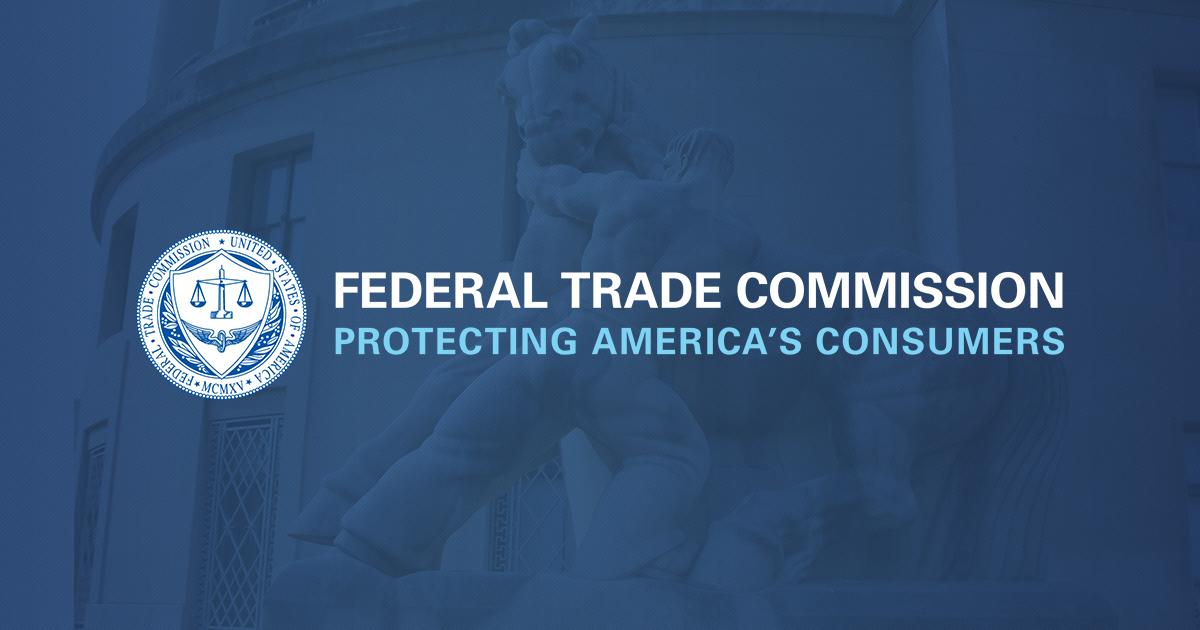The Federal Trade Commission is taking action against two auto dealer groups, operating in five states with more than two dozen retail stores, for civil penalties for violations of FTC administrative orders, which prohibit them from deceptively advertising the cost of buying or leasing a car.
“If auto dealers make advertising claims in headlines, they can’t take them away in fine print,” said Jessica Rich, Director of the FTC’s Bureau of Consumer Protection. “These actions show there is a financial cost for violating FTC orders.”
Billion Auto, a chain of 20 family-owned automobile dealerships in Iowa, Montana, and South Dakota, and a family-controlled advertising company, Nichols Media, Inc., have agreed to settle charges that they violated a 2012 FTC administrative order. That order prohibits Billion Auto, and any companies in active participation with it, from misrepresenting material costs and terms of vehicle finance and lease offers and requires specific disclosures, mandated by the Truth in Lending Act (TILA) and Regulation Z, and the Consumer Leasing Act (CLA) and Regulation M. The Billion Auto defendants have agreed to pay $360,000 in civil penalties to settle the FTC’s charges.
According to the complaint against Billion and Nichols, the dealerships and advertising company violated the 2012 FTC administrative order by frequently focusing on only a few attractive terms in their ads while hiding others in fine print, through distracting visuals, or with rapid-fire audio delivery. For example, some dealership ads promoted low monthly payments or attractive annual percentage rates and finance periods, while concealing other material items, such as low payments were for leases, not sales; major limits existed on who could qualify for discounts; and offers often included significant added costs.
Sample Billion TV spot
In a separate action seeking civil penalties, the FTC has charged Ramey Motors, Inc., and three affiliated dealerships, in several locations in Virginia and West Virginia, with violating a similar 2012 FTC administrative order. Among other things, Ramey Motors’ ads allegedly misrepresented the costs of financing or leasing a vehicle by concealing important terms of the offer, such as a requirement to make a substantial down payment. The complaint also charges Ramey Motors with failing to make credit disclosures clearly and conspicuously, as required by the TILA. The FTC also alleges that the auto dealer group failed to retain and produce appropriate records to the Commission to substantiate its offers. Ramey Motors and its affiliates are subject to $16,000 in civil penalties for each alleged violation of the FTC administrative order.
The Commission vote to refer the Billion complaint and proposed stipulated order to the Department of Justice for filing was 5-0. The Justice Department filed the complaint and proposed stipulated order on behalf of the Commission in the U.S. District Court for the Northern District of Iowa on Dec. 11, 2014.
The Commission vote to authorize filing the complaint against Ramey Motors, Inc., Ramey Automotive Group, Inc., Ramey Automotive, Inc., and Ramey Chevrolet, Inc. was 5-0. It was filed in the U.S. District Court for the Southern District of West Virginia on Dec. 11, 2014.
The FTC has brought more than 20 enforcement actions in the auto marketplace in recent years to protect consumers. Anyone looking for a new or used vehicle can check out the agency’s tips in Buying and Owning a Car.
NOTE: The Commission files a complaint when it has “reason to believe” that the law has been or is being violated and it appears to the Commission that a proceeding is in the public interest. Stipulated orders have the force of law when approved and signed by the District Court judge. In the Ramey matter, the case will be decided by the court.
The Federal Trade Commission works for consumers to prevent fraudulent, deceptive, and unfair business practices and to provide information to help spot, stop, and avoid them. To file a complaint in English or Spanish, visit the FTC’s online Complaint Assistant or call 1-877-FTC-HELP (1-877-382-4357). The FTC enters complaints into Consumer Sentinel, a secure, online database available to more than 2,000 civil and criminal law enforcement agencies in the U.S. and abroad. The FTC’s website provides free information on a variety of consumer topics. Like the FTC on Facebook, follow us on Twitter, and subscribe to press releases for the latest FTC news and resources.

